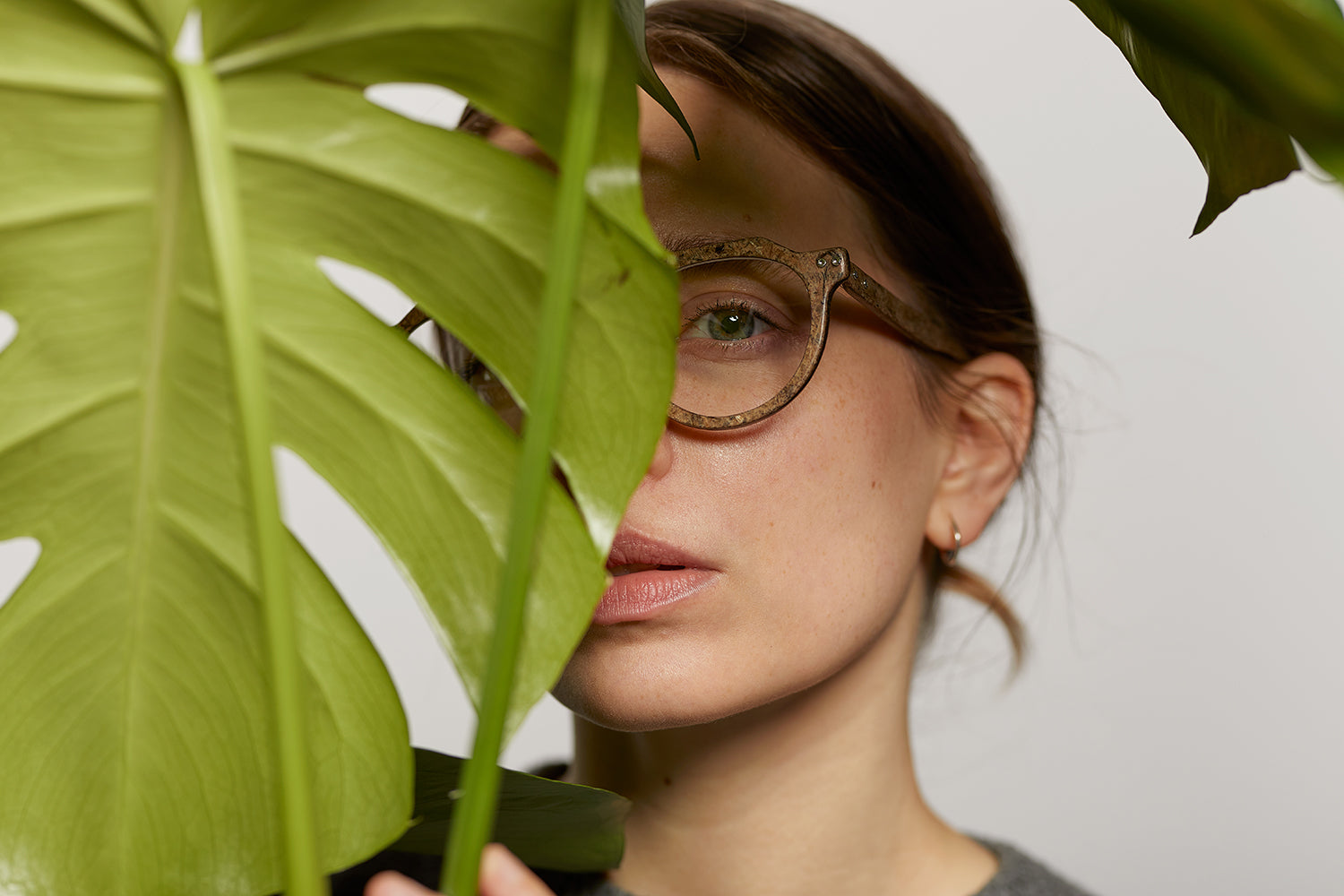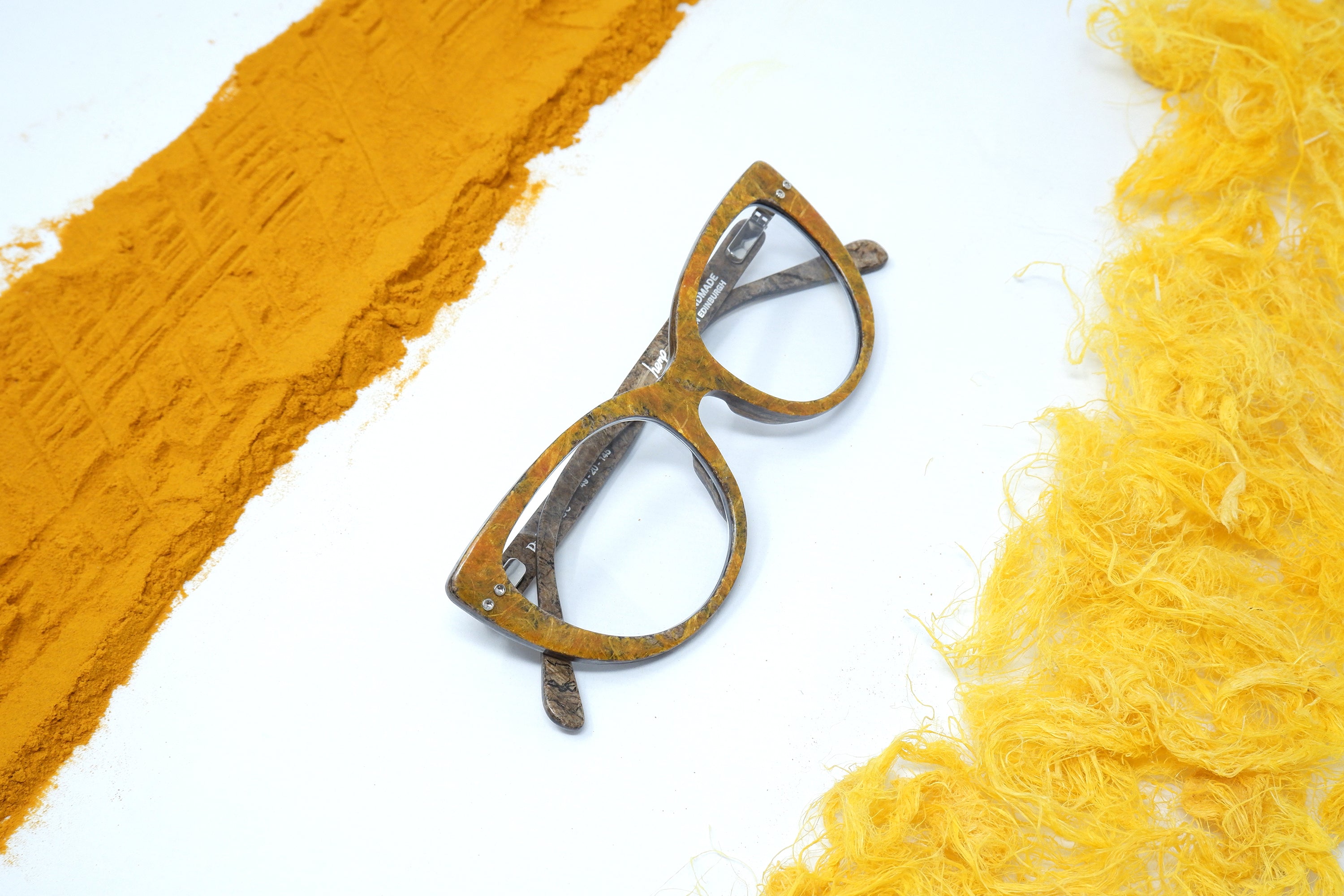
How to Protect Your Eyes from Blue Light
If you're going to set one simple, achievable resolution in 2021, make it to take care of your optical health! Most of us have been spending a lot more time on screens than usual recently, and this takes it out on our eyes. Here, explore the harmful effects of blue light exposure and find out how to prevent damage to your physical and mental health.
What is Blue light?
Humans can see a visible light spectrum consisting of purple, blue, green, yellow, orange and red. Blue light has a shorter wavelength than other colours and it produces a higher amount of energy.
A natural, healthy amount of blue light is is a good thing, otherwise we'd be overwhelmingly experiencing darkness. We receive blue light into our eyes from a lot of sources including daylight and indoor lighting, which helps regulate our sleep cycle and boosts our alertness.

Is too much blue light bad for you?
Too much blue light can definitely be a bad thing. In the digital age, we are all exposed to far more blue light than our eyes are designed for. This happens through extended exposure to artificial light on screens from your phone, laptop, TV and games consoles. This can cause eye strain as well as mental and physical fatigue. Here are some harmful effects of too much blue light from screens:
- Trouble sleeping (melatonin imbalance affects circadian rhythm)
- Digital eye strain (blurry vision, difficulty focusing, dry irritated eyes)
- Frequent headaches
- Mental fatigue and feeling of tiredness
- Increased risk of depression or lower mood
- Permanent eye damage (macular cellular damage and loss of vision)
From a medical perspective, because blue light wavelengths have more energy than other colours, they flicker more often and for longer. This causes glare which decreases visual contrast and affects your eyes sharpness. As well as eye strain and metal fatigue overexposure to blue light can cause macular cellular damage and loss of vision.
So, if you are someone who sits in front of a computer a lot and often feel tired or experience headaches, blue filter lenses could help you.

Benefits of blue light filter lenses
Blue light blocking lenses are available on all our optical frames, which block out approximately 35% of harmful blue light. You don't need to have a corrective prescription to benefit from these filters - they can be added to a clear, non-prescription lens too.
Here are some of the benefits of blue light filters:
- Improves sleep quality and quantity by regulating circadian rhythm
- Elevates mood
- Boosts alertness and reaction times
- Improves memory, learning and general cognitive function
- Improves comfort by alleviating eye strain
- Protects your eyes from loss of vision due to overexposure to blue light
In addition to blue light filters, here are some more things you can do to decrease your blue light exposure and improve your eye health:
- Stop using electronic screens an hour before you go to sleep
- Take breaks from staring at your screen every 20-30 minutes (this Pomodoro timer can help)
- Reduce glare by cleaning your digital screens from smudges or dust
- Blink more than usual if you are staring at a digital device
- Look into the distance as much as possible, particularly when out in nature
- Turn up the brightness of your device's screen so that you are not straining your eyes
- Switch your phone to night mode for a darker background


